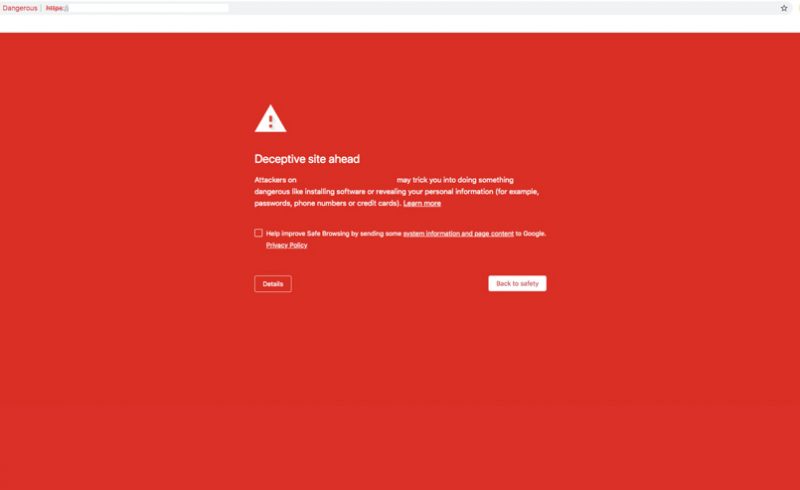
Today we’re going to get a little bit down and technical in our blog post – so buckle up, buttercup – I hope you’re ready.
One thing I’ve come to notice in my time working with computers and also in an IT company is the importance of SSL certificates and web hosting. Now you may be thinking ‘how does that relate to affiliate marketing, Chloe? Gosh!’ – Just stay with me.
Let’s start with an SSL Certificate:
Not that you’d really need to know but SSL stands for Secure Socket Layer and this is a small data file or files that add a cryptic key to a website. Essentially this adds an additional layer of security against online hackers and other nasty website viruses, and that’s the important part.
You can purchase an SSL Certificate online and upload it to your web server (or have your hosting company do it on your behalf if necessary) to make the change.
Originally, SSL certificates were only really required for websites taking payment details or requiring personal log ins, however now it has much more become the norm for all trusted websites to contain an SSL certificate.
How do you know if a website has an SSL certificate?
It’s quite simple really – to start you’ll see they’re listed as https, rather than just http. (That’s Hyper Text Transfer Protocol or Hyper Text Transfer Protocol Secure, again not hugely necessary to remember but these are the processes that connect the user, to the website they’re trying to access)
The difference in the above two images isn’t massive, you’ll notice however that there is a little padlock next to secure https sites, and a ‘Not Secure’ on just plain http sites. However, it doesn’t end there. Some sites without an SSL certificate can come up with the more extreme ‘Dangerous’ warning:
At this point web browsers encourage the user to steer clear of the site completely. It’s actually pretty difficult to find your way onto a site around this page – that’s the power of Google and co for you!
So how does that affect affiliate marketing?
There have been instances where advertisers have perhaps forgotten to renew their SSL certificates and any users going straight to this page will of course not be converting, so conversion rates plummet. Not only that but affiliates soon clock on that something is wrong and they will pull the offer, meaning the ROI drops dramatically.
In terms of affiliate sites however, you may not collect personal data or have any need for users to enter card details on your page, but I’m certain you’ll be concerned with your google search ranking. As of 2014 having an SSL certificate for your website will go in your favour with Google’s ranking algorithm (though don’t expect any major rank changes). On top of this however you will also put at ease the more cautious online users.
An SSL certificate can be purchased online from a number of providers – you’re best to speak to your hosting company to see if they have any suggestions, otherwise it can be purchased online.
This is an annual purchase – you’ll need to make note of when your SSL certificate expires!
Speaking of annual renewals, you’ll also need to keep a note on your hosting company and when you need to pay your next invoice – without website hosting, you have no website. It’s worth having a shop around as prices can vary, but in affiliate marketing, you want to go for reliability over saving an extra couple of quid.
As an advertiser you need to know that your offers are up and running as long as you plan them to be, especially if you have a number of different offers/pages to keep an eye on. As an affiliate if your site goes down, so do your conversions and in turn your revenue.
Long story short – keep your SSL certificates and web hosting up to date to get the most out of your affiliate marketing experience and to help maximise your revenue!